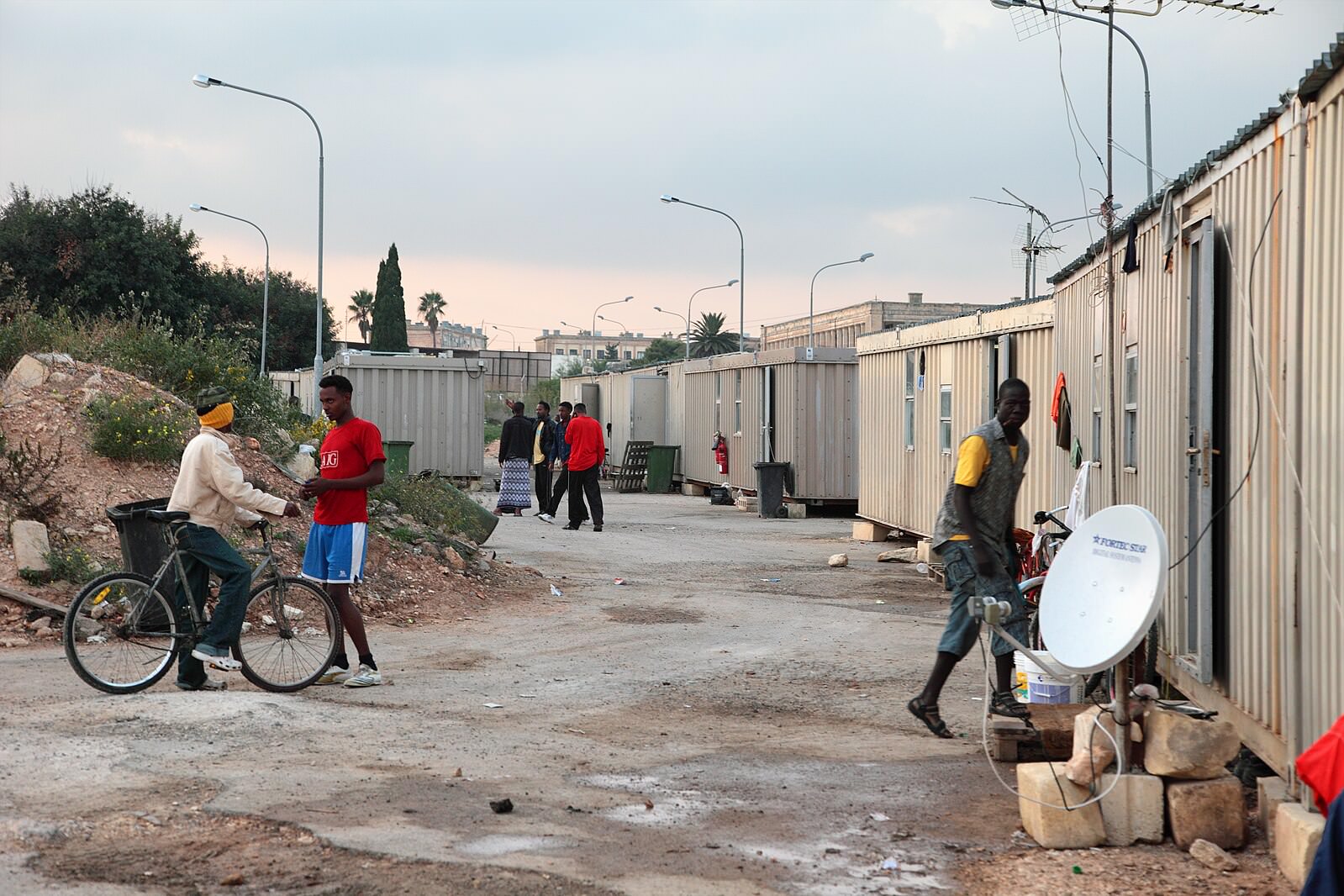World
Refugee NGO Raises Red Flag As Libya & Malta Curb Cross-Mediterranean Migration
By Jake Beardslee · July 23, 2023

Operation Dolphin One marks the first time Malta and Libya have collaborated on joint naval exercises. The drills are being conducted off the coast of Valetta, the capital of Malta. “This is a great exercise and a great motivation for our staff to learn and develop themselves,” Libyan Coastal Security Commander Youssef Bishi told Al Jazeera.
The 2020 agreement between Malta and Libya was designed to limit migration from Libya to Malta. By all accounts it has proven successful. In 2019, more than 3,400 migrants were able to reach Malta by boat from Libya. Since the agreement, however, the number of migrants arriving in Malta from Libya has plummeted. So far in 2023, only 142 migrants have made the journey from Libya to Malta by sea. “The migration problem is not only Malta’s problem, it is an EU problem. We are a small island in the centre of the Mediterranean and we are affected more than other countries,” said Emanuel Psaila of the Maltese Ministry for Home Affairs and Security, in the same interview.
According to officials, the joint naval exercises between Malta and Libya are part of a training program designed to upgrade Libya’s maritime operations. Clinton O’Neill, Commander of the Maltese Armed Forces, told Al Jazeera, “Our cooperation with them is capacity building. We are there to train them in techniques and maritime affairs and maritime operational law. And then they practice that on their own in their own country.”
The naval drills involve training for medical evacuations, inspecting vessels, and search-and-rescue missions. The Central Mediterranean Sea, where the exercises are conducted, has been called the most perilous maritime crossing in the world by the UN. Since 2014, more than 20,000 deaths have been recorded in these treacherous waters. At the same time, more than 8,800 people have been intercepted at sea and sent back to Libya.
Beppe Caccia, from Mediterranea Saving Humans, an Italian NGO that rescues migrants in the Mediterranean, told Al Jazeera that, regardless of the joint operations among the three nations, returning migrants to Libya by force is against international law. “Libya is not a safe country and Libya cannot be a safe port of disembarkation,” he insisted.
Light Wave commentary
This story casts a light on the complex dynamics and tensions surrounding migration in the Mediterranean region. On one hand, European nations such as Malta want to curb unregulated maritime crossings and human smuggling activities through cooperative efforts with Lybia and other North African countries. Humanitarian groups, however, denounce such policies for illegally returning vulnerable migrants to Lybia, where, they say, the situation is unstable and unsafe. There are no easy solutions. Protecting vulnerable individuals from human trafficking and while also protecting the rights of refugees and asylum seekers should not be mutually exclusive.